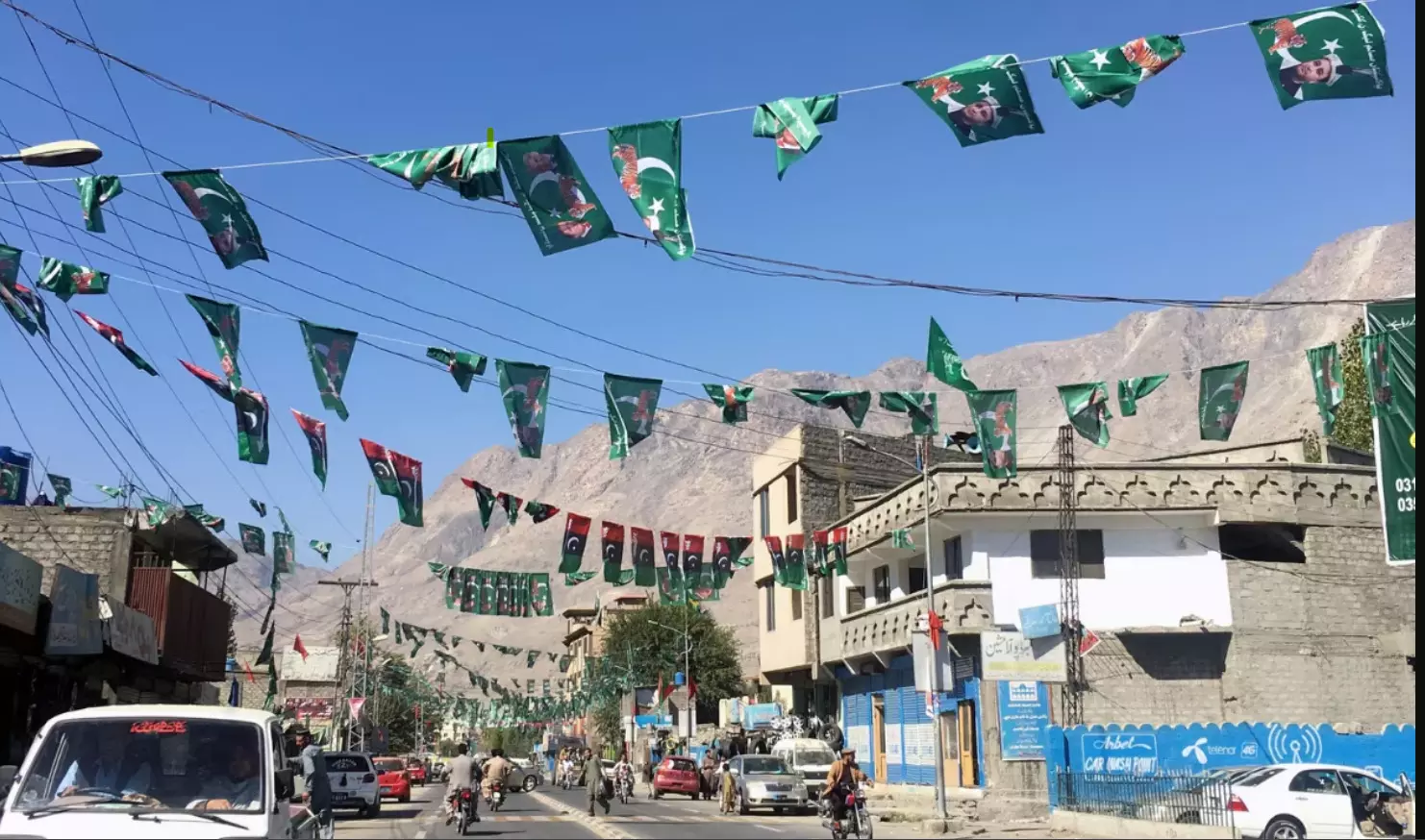Mired in turmoil
The ongoing sectarian turbulence in Gilgit-Baltistan reflects the failure of the Pakistan government in controlling the situation; it may spill over to other regions as well

Recently, there were untoward incidents in PoK’s Gilgit-Baltistan (GB) area, in the wake of the arrest of a Shia cleric, Agha Baqir al-Hussaini, for alleged blasphemy charges under Pakistan’s rigorous blasphemy laws. This incident led to widespread protests, largely believed to be unprecedented in scale the area has ever witnessed. The agitation and tumult went even to the extent of local leaders sending warning signals to the Pakistani government of an impending civil war. Some even called for a union with India. Agha Baqir al-Hussaini was apprehended for his comments at a Skardu ulema council meeting, wherein he questioned if Pakistan should at all tighten its blasphemy laws in order to attack the Shia community. The fundamental principles of Islam are the same for Shias and Sunnis, although Shias are thought not to venerate Islamic leaders who fought in the war of succession. That was emphasized by the protesting Shia leaders during the agitation.
Although Shias make up a sizable portion of the population in GB, Pakistan is with a Sunni majority. Since President General Zia-ul Haq’s rule, many Pakistani governments have attempted to alter the demography of GB by resettling Sunnis there, which, however, has badly backfired. Baltistan, Diamer, and Gilgit are the three administrative divisions of the GB. The towns of Gilgit and Skardu serve as the primary administrative hubs.
Despite the Pakistani media’s lack of coverage on the protests in Gilgit, social media saw vibrant emergence of videos and accounts that show the intensity of the unrest. Since most of it is still unverified, this is simply a drop in the ocean. Yet, it is widely believed that the Pakistani establishment’s control over communication in the occupied territory is what led to this turmoil.
The demonstrations took place in Daimer, where Sunnis make up the majority. Shias have been putting down protests in response to those demonstrations and the detention of cleric al-Hussaini; videos of these actions are currently being shared on social media. Protesters were also heard hurling insults on General Asim Munir, the Chief of Pakistan’s Army. In videos, local authorities were also heard warning that if the route was still closed, people would head to Kargil rather than Sindh or Punjab (both in Pakistan) — an allusion to India and Gilgit joining forces. Along with demanding the release of al-Hussaini and the opening of the roadway, they also threatened civil war, which was disturbing for the authorities.
Meanwhile, Pakistani media is all over recounting the incident and condemning the authorities for their failure to handle the situation. They maintain that not long ago, impressive sights of Sunni volunteers escorting Shia mourning processions were a routine matter in GB. On the part of the government and its spokespersons, business is as usual in GB, as they share visuals of calm roads, operational trade centres and opening of educational institutes.
In the meantime, significantly, the demand for equality and freedom to practice religion has been getting louder, but neither the state nor the society seems to be willing to listen. That the government is keeping a close watch on all elements is alright, but the affairs have long exceeded the threshold. For now, law enforcement agencies are busy cracking down against whosoever uses social media to propagate controversial messaging, but arrests and detentions can only go so far.
Away from the glare of mainstream media, trouble has been brewing in GB in recent weeks. Demonstrations and counter-protests have been held in the region, with key thoroughfares blocked and mobile internet shut, as sectarian hatreds have returned to cast a long shadow over the area.
GB may only be the first area where narrow communalism is being revived. The fire of hatred may spread, especially to those spots in the country where sectarian tensions are already high. Hence, the situation on the ground is volatile and can erupt anytime, assuming monstrous proportions.
Amid these developments, Pakistan is seeing yet another front opened, which has the propensity of turning into a fireball. Thus, another separatist and sectarian violence seems to be on the anvil, joining the volatility in Baluchistan and some other parts as well.
The writer is a retired IPS officer, Adviser NatStrat, and a former National Security Advisor in Mauritius. Views expressed are personal



